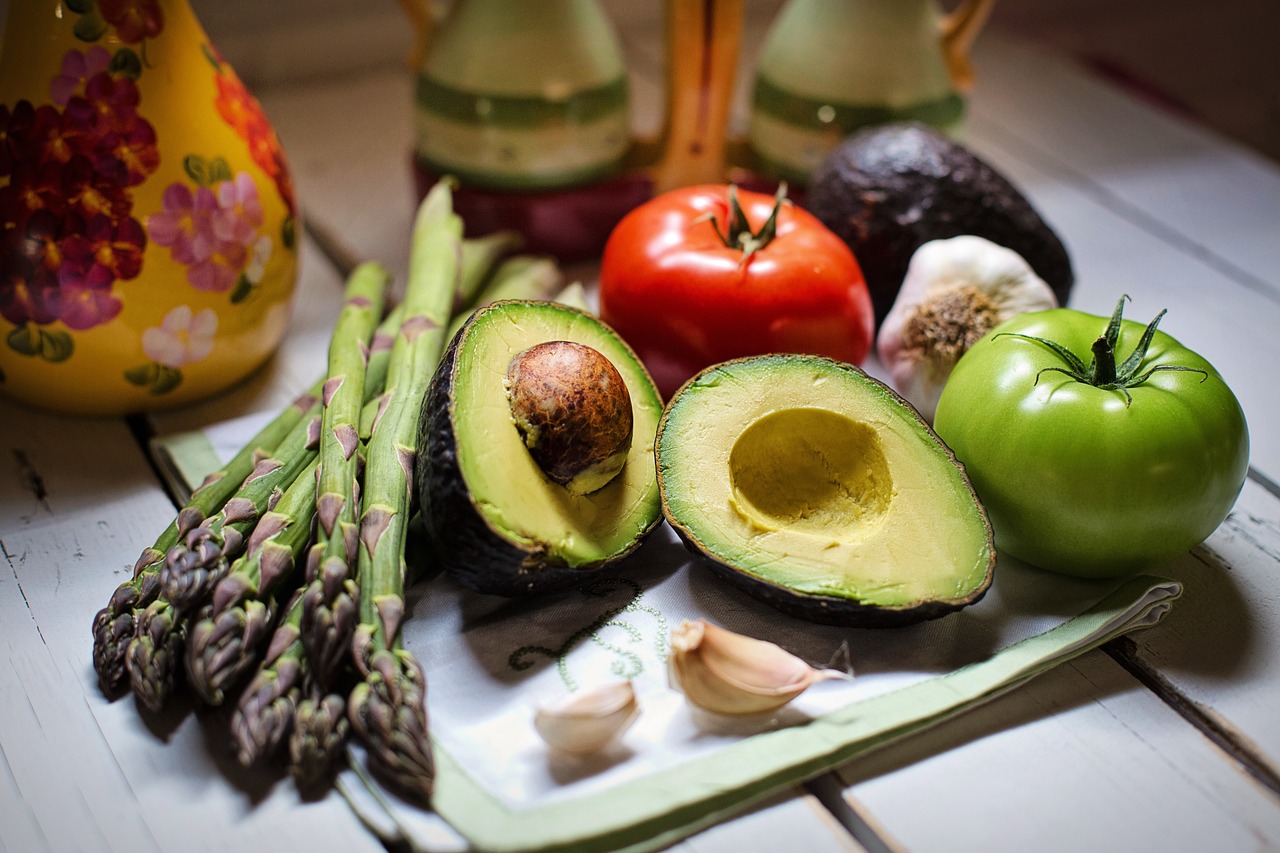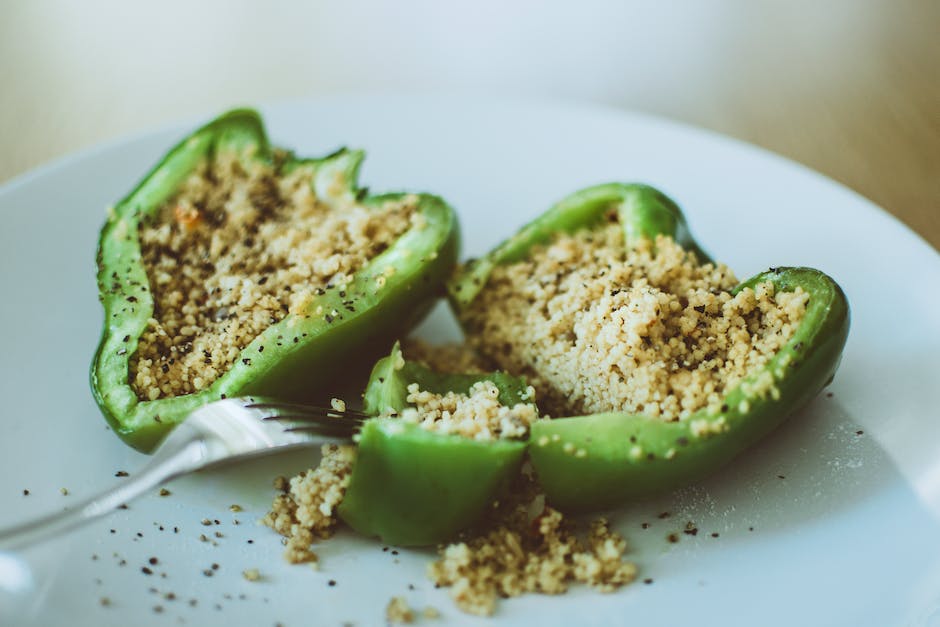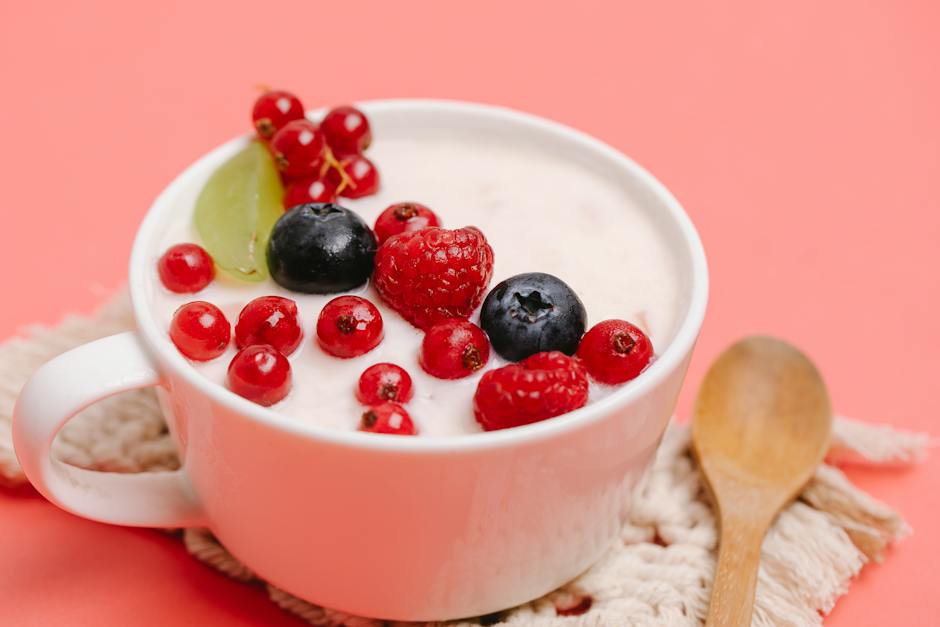The Pros and Cons of Oats: What You Need to Know
Exploring the Benefits and Drawbacks of Adding Oats to Your Diet
Oats have long been a staple in many diets across the world. They are versatile, nutritious, and can be prepared in various ways. From oatmeal to granola bars, oats offer a range of health benefits and are often touted as a superfood. However, like any other food, oats also have their downsides. In this article, we'll explore the advantages and disadvantages of incorporating oats into your diet, helping you make an informed decision about whether oats are right for you.
Oats, scientifically known as Avena sativa, are a type of cereal grain grown for its seed, also known by the same name. They are commonly consumed as oatmeal or rolled oats and are a rich source of vitamins, minerals, and fiber. While oats are widely recognized for their heart-healthy properties and role in weight management, it's important to consider both the positive and negative aspects of including oats in your meals.
Pros
Discover the incredible benefits of incorporating oats into your daily meals. From improved heart health to enhanced digestion, oats offer a host of advantages that make them a valuable addition to your diet.
Rich in Nutrients
Oats are a nutrient-dense food, providing a good source of vitamins, minerals, and antioxidants. They are particularly high in manganese, phosphorus, magnesium, and iron, essential for various bodily functions.
Supports Heart Health
The beta-glucan fiber in oats has been linked to lower cholesterol levels, making them beneficial for heart health. Regular consumption of oats may help reduce the risk of heart disease and stroke.
Aids in Weight Management
As a filling and satisfying food, oats can contribute to weight management by helping control appetite and preventing overeating. Their high fiber content promotes a feeling of fullness and supports healthy digestion.
Versatile and Convenient
Oats can be easily incorporated into various dishes, including breakfast bowls, smoothies, baked goods, and savory meals. They offer a convenient and versatile ingredient for diverse culinary creations.
Eco-Friendly Crop
Oats are considered an eco-friendly crop due to their minimal impact on the environment. They require less water and fertilizer compared to other cereal grains, making them a sustainable choice for agricultural production.
Promotes Digestive Health
The high fiber content in oats promotes digestive health by supporting regular bowel movements and preventing constipation. Additionally, the soluble fiber in oats acts as a prebiotic, fostering the growth of beneficial gut bacteria.
Regulates Blood Sugar
The soluble fiber in oats helps stabilize blood sugar levels, making them a suitable choice for individuals with diabetes or those seeking to manage and prevent spikes in blood glucose.
Missing a pro?
Let us know which pro you are missing!
Cons
Despite their numerous benefits, oats come with certain drawbacks that should be taken into account, especially for individuals with specific dietary concerns or health conditions. Here are some potential disadvantages of consuming oats.
Gluten Contamination
While oats themselves are gluten-free, they are often processed in facilities that also handle wheat, barley, and rye, increasing the risk of cross-contamination. This can be detrimental for individuals with celiac disease or gluten sensitivity.
Potential Digestive Issues
Some people may experience digestive discomfort after consuming oats, particularly if they are sensitive to the soluble fiber or proteins present in oats. This can manifest as bloating, gas, or stomach discomfort.
High Carbohydrate Content
While the fiber in oats offers many health benefits, the carbohydrate content should be considered, especially for individuals following low-carb or ketogenic diets. Oats may not align with certain dietary restrictions.
Potential Contamination with Pesticides
One potential disadvantage of oats is the risk of contamination with pesticides if not organically grown. Pesticide residues on conventionally grown oats may pose health risks if consumed regularly.
Antinutrients
Oats contain antinutrients such as phytic acid, which can bind to minerals like iron and zinc, reducing their absorption in the body. This may be a concern for individuals who rely heavily on oats as a primary source of these nutrients.
Oxidation of Healthy Fats
Oats contain healthy fats that can turn rancid when exposed to air for prolonged periods. This can lead to a decrease in nutritional value and the formation of harmful compounds, potentially contributing to health issues.
Not Suitable for Some Diets
Individuals following specific diets, such as the paleo diet, may choose to avoid oats due to their classification as a grain. Oats may not be compatible with certain dietary philosophies or restrictions.
Missing a con?
Let us know which con you are missing!
Conclusion
In conclusion, oats offer a spectrum of advantages, from nutritional richness to potential health improvements, making them a valuable addition to the diet of many individuals. However, it's essential to be mindful of the potential drawbacks, especially for those with specific dietary needs or health considerations. By weighing the pros and cons, you can determine whether oats align with your nutritional goals and overall well-being.
What do you think?
Do you think the pros outweigh the cons?










